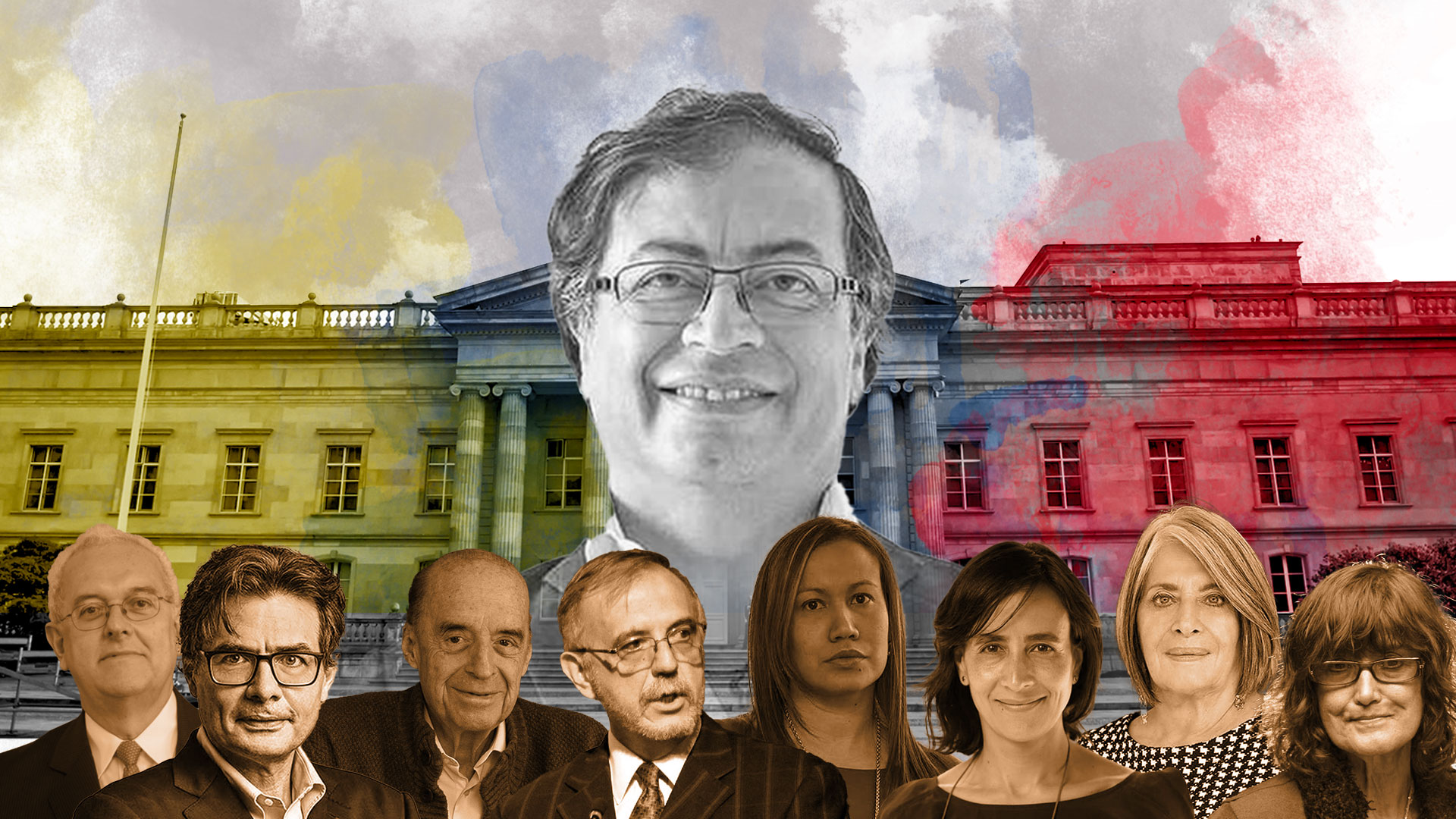
This Sunday, August 7, begins the first leftist government in Colombia led by the president-elect Gustavo Francisco Petro Urrego. Next, we tell you the names and resumes of the portfolio managers and other characters that will accompany the successor of Iván Duque in the national government for the period 2022-2026.
This was the first announcement made by the president-elect, who left Colombia’s foreign relations in the hands of this 79-year-old lawyer. Leyva Durán had already been Minister of Mines and Energy during the government of Belisario Betancur in 1985. In addition, he served as senator of the Republic and even, in the government of Misael Pastrana, served as private secretary of the Presidency of the Republic.
Since he was confirmed as the successor of Marta Lucía Ramírez, Leyva has said that the Foreign Ministry will bet on peace, strengthen diplomatic ties and has even announced that the Petro government will open the door to dialogue with various criminal structures such as the Clan del Golfo and the ELN.
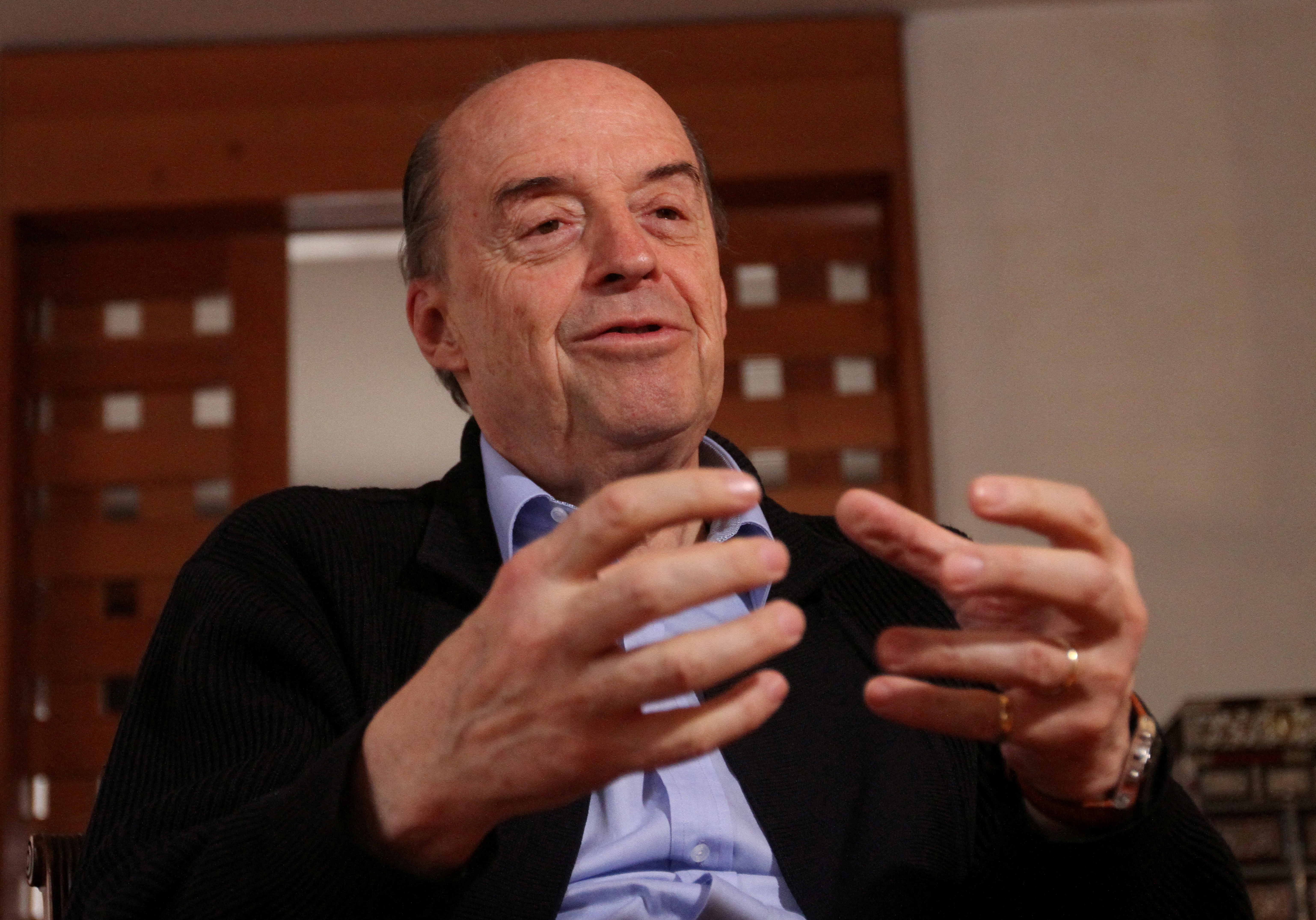
The incoming president of the Colombians confirmed at the beginning of last July that the first woman in his cabinet would be the playwright from Santander, Patricia Ariza, who would lead the cultural portfolio. Ariza studied at the Faculty of Fine Arts of the National University of Colombia and, together with other artists, founded the Casa de la Cultura, currently the La Candelaria Theater, and the Colombian Theater Corporation in Bogotá in the mid-1960s.
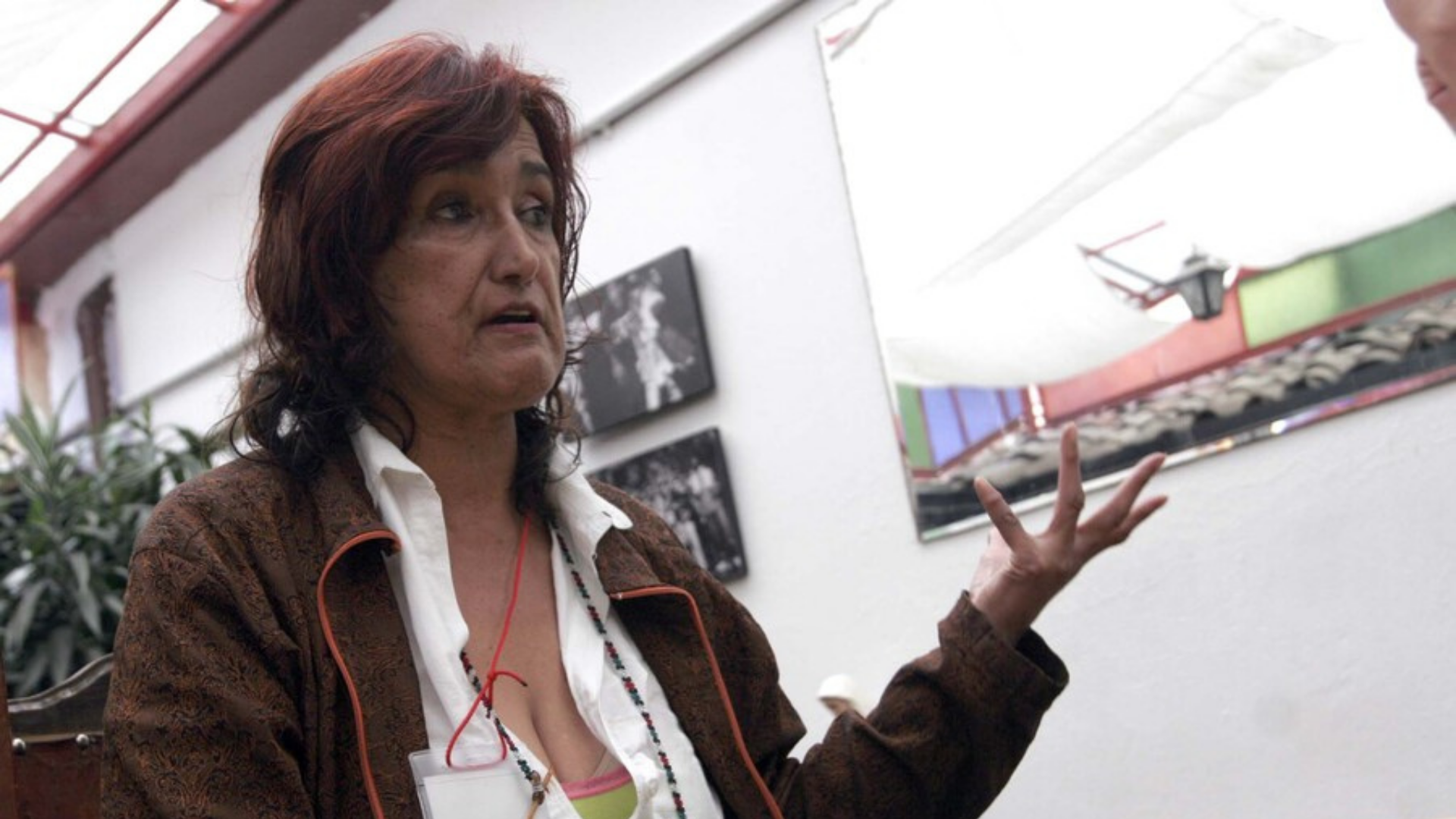
The experienced economist, a native of Cali, will repeat his portfolio, but this time in the first leftist Executive led by Petro. In the past, Ocampo had already been a minister: of Finance, in the government of former liberal president Ernesto Samper, and of Agriculture, in that of César Gaviria. In addition, he was also director of the National Planning Department of the Samper government and co-director of the Banco de la República; He even worked alongside former president Juan Manuel Santos during his presidential term.
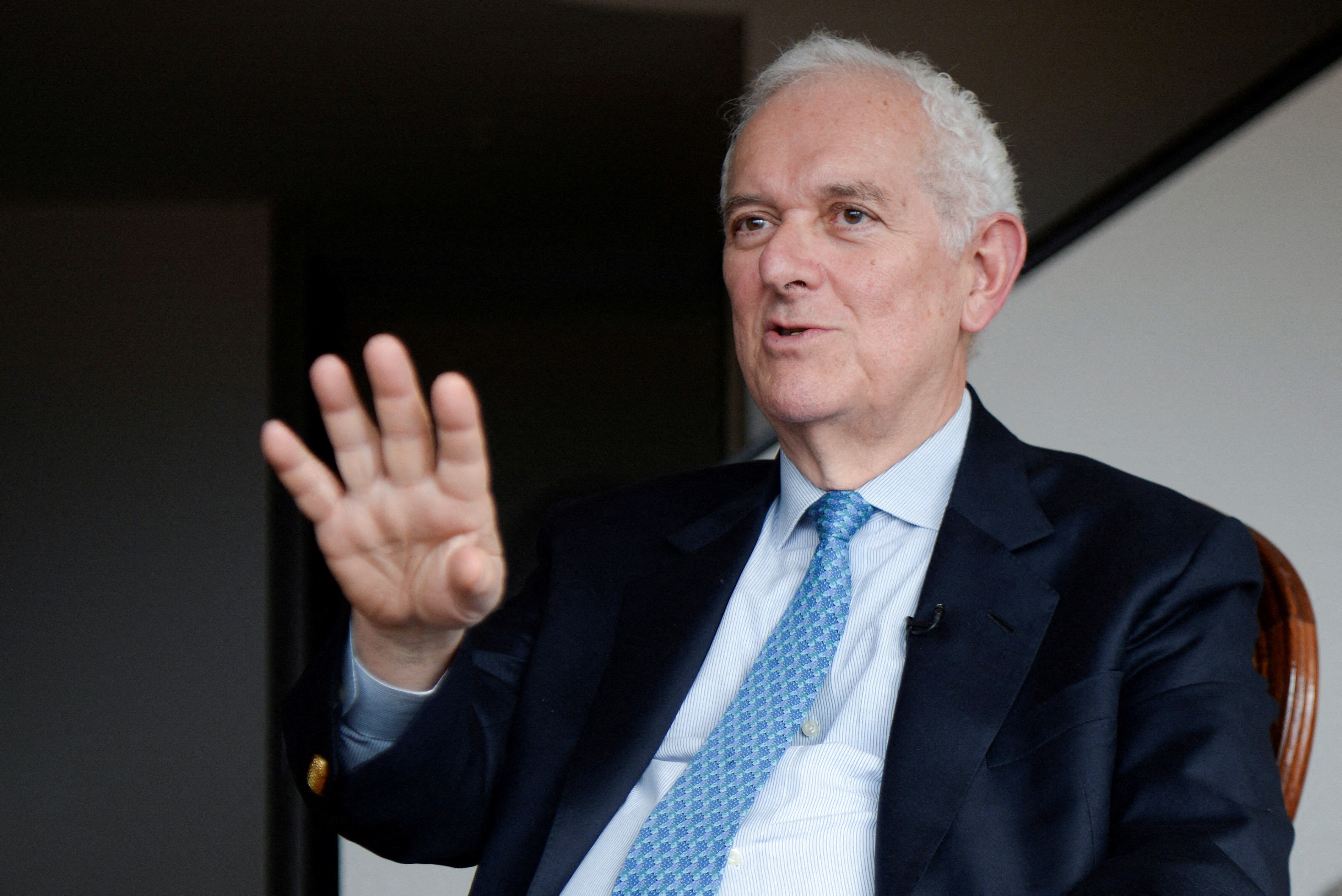
One of the appointments that, according to some detractors, has caused the most controversy is that of Fernando Ruiz’s successor in the Ministry of Health. This is the paisa doctor, psychiatrist and political scientist, Carolina Corcho. Although she has extensive experience in health matters and has even co-directed the Colombian Medical Federation, she has not escaped controversy due to her ambiguous positions on the covid-19 pandemic. However, she has been a researcher, professor of her Alma mater, among other important positions.
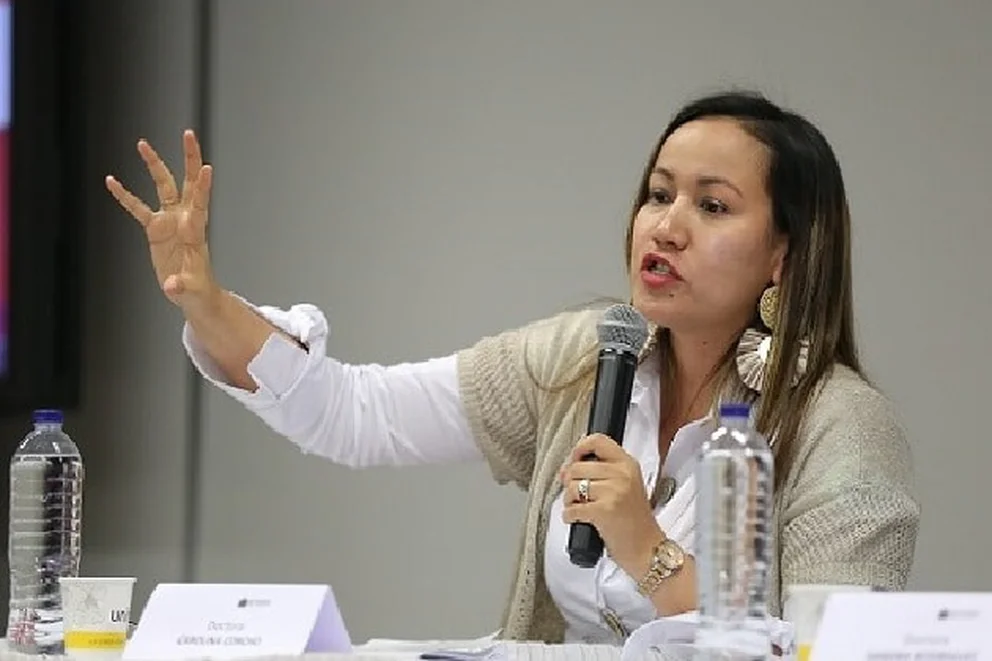
The head of the portfolio that will promote fauna, flora and other topics of national interest in sustainable matters in Colombia is a old ally of the elected president: she served as an adviser to Petro when he was mayor of Bogotá, later she was appointed Secretary of the Environment of the capital and later served as Secretary General of that administration. In recent years, she worked as a councilor in Bogotá, but her seat was pending due to a ruling. Muhamad is an environmentalist, political scientist and has knowledge in management and planning of sustainable development.
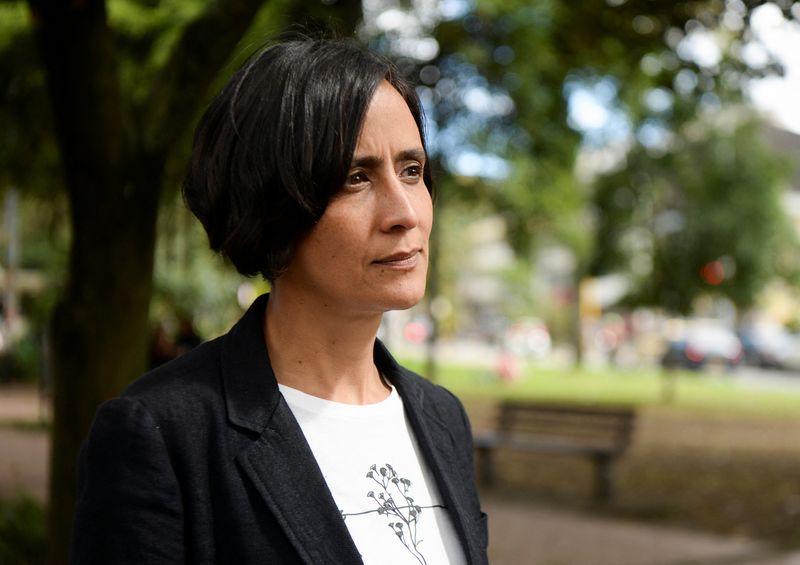
One of the most recognized figures of women’s politics in Colombia is Cecilia López, from Barranquilla, who has a very large public background and, in the government of Gustavo Petro, will repeat the ministry. This economist has worked in the government sector since the government of Julio Cesar Turbay, whom he accompanied in the formulation of his development plan and later with the first lady, after which in 1981 he became director of the Financial Fund for Development Projects (Fonade). In the government of Belisario Betancur she was also Minister of Agriculture and within her achievements she attributes herself to having promoted the participation of women with the creation of the Policy for Rural Women, as well as the creation of funds for fruit and vegetables.
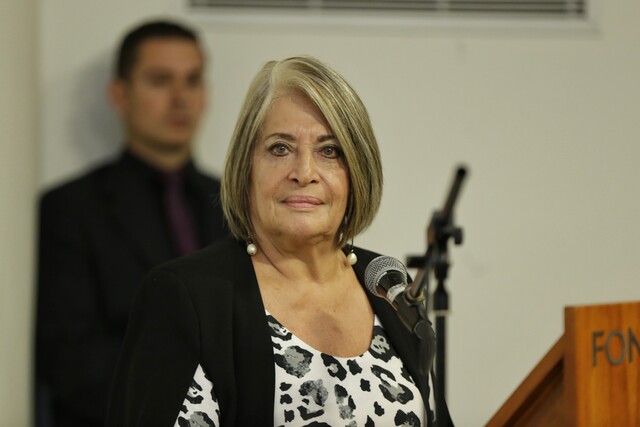
The arrival of the former rector of the Universidad de Los Andes to the first progressive government of Colombia has given rise to talk since it became official. Gaviria was not only an electoral competitor of Petro before the internal consultations last March, but he also boasted of being the only one who could stop to the elected president in case he won. After several economic debates and questioning multiple of his proposals, the former Minister of Health in the government of Juan Manuel Santos arrived at the Petrismo awnings and will now be in charge of guaranteeing the ambitious educational commitment that the leader of the Historical Pact has. He is a civil engineer, master in economics, academic and an influential personality in various sectors of the country.
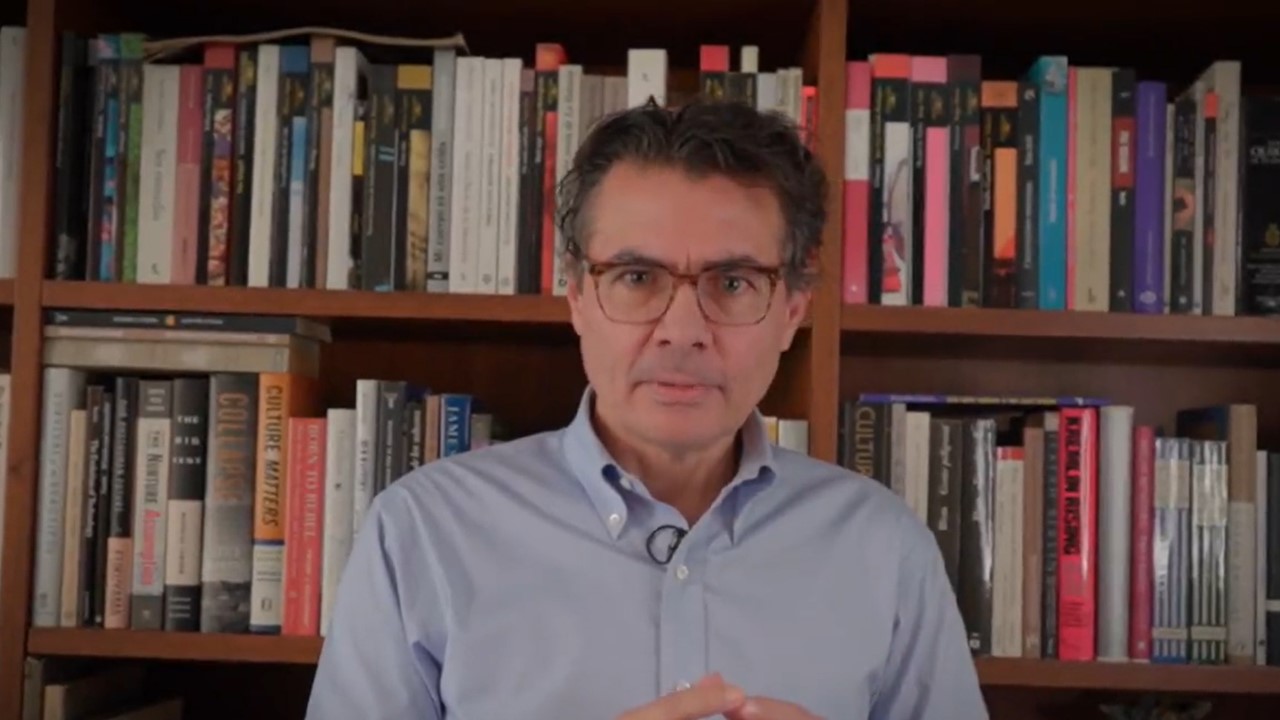
The former magistrate of the Supreme Court of Justice, a native of Antioquia, has been one of the appointments that dust rose in public opinion. Sectors such as Uribismo, the right and several other critics of Gustavo Petro questioned the election of Velásquez as Diego Molano’s successor in the Ministry of Defense. He is a lawyer, he was a prosecutor and one of the main enemies of drug lord Pablo Escobar. In addition, due to his judicial and investigative work against paramilitarism

The academic is a researcher, activist and professor at the Faculty of Engineering of the Universidad del Valle. In addition, she is an expert in the critical study of environmental and agrarian phenomena related to the armed conflict. She has interdisciplinary training in social sciences, in addition to being a senior researcher at the Ministry of Science. Vélez has been a visiting researcher at Loughborough University and the ISS Erasmus University Rotterdam (The Netherlands).
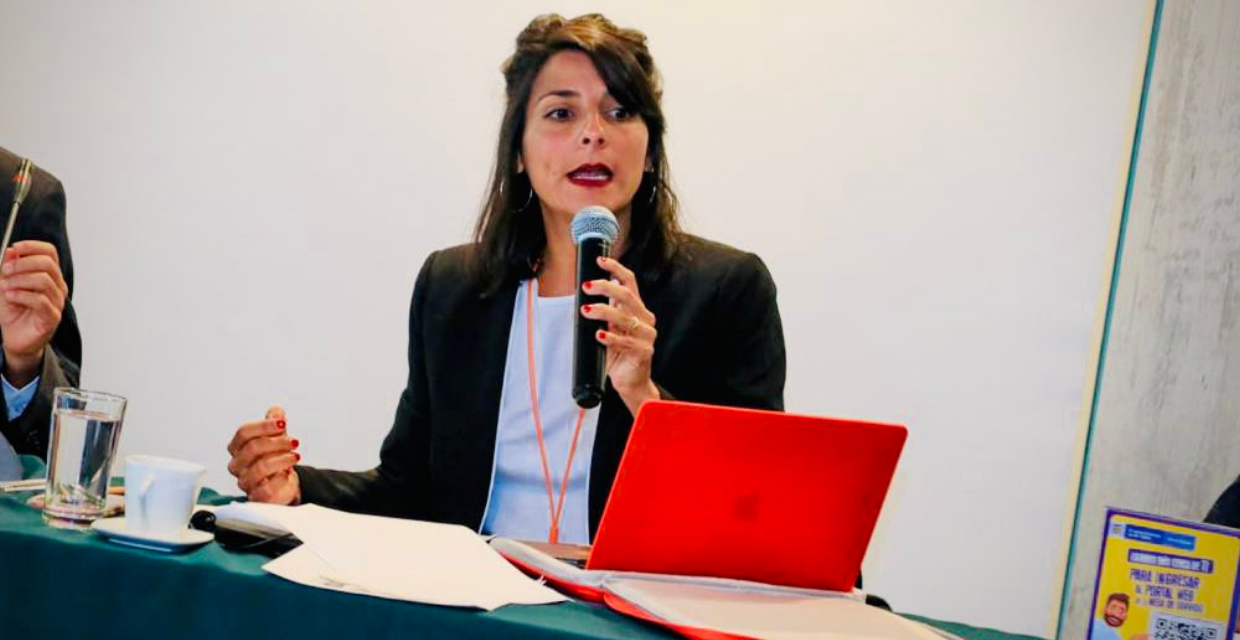
Who was he brain of Petro’s presidential campaign will serve in the portfolio that deals with relations between the Government and Congress. This is the former secretary of former President Juan Manuel Santos, who served as director of the National Learning Service (Sena) and who has commonly been called a ‘old fox’ of Colombian politics: the Bogota lawyer Alfonso Prada Gil. Also, back in the last century, he directed the District Institute of Recreation and Sports (IDRD), when the former president Andrés Pastrana was mayor of Bogotá. He was also a period in the sports institution when Juan Martín Caicedo was president of the capital.
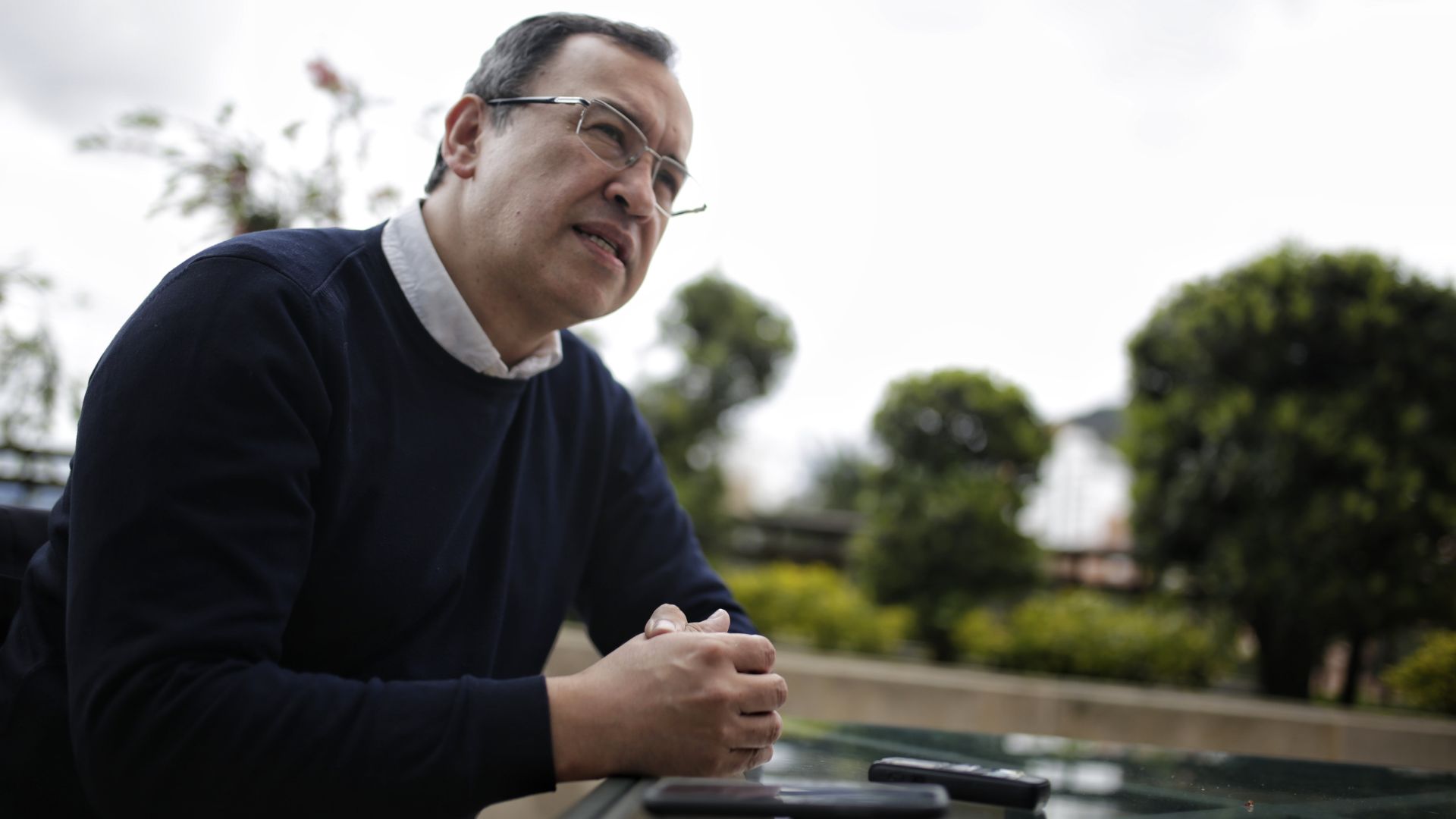
Who was the first gold medalist in Colombia, 57 years old, and a native of Candelaria, Valle del Cauca, will have the opportunity to build the sport in Colombian society and support the change proposed by President Gustavo Petro Urrego. In 2002, Urrutia was chosen as a representative to the Chamber by the blacks. In the second term of former president Álvaro Uribe Vélez (2006 – 2010), the Valle del Cauca woman was re-elected as part of the Afro-Colombian Social Alliance. She was a candidate for Mayor of Cali, she is a weightlifter and, during her time as a congressman, she was author of the law that grants pensions to athletes who achieve important results at the international level.
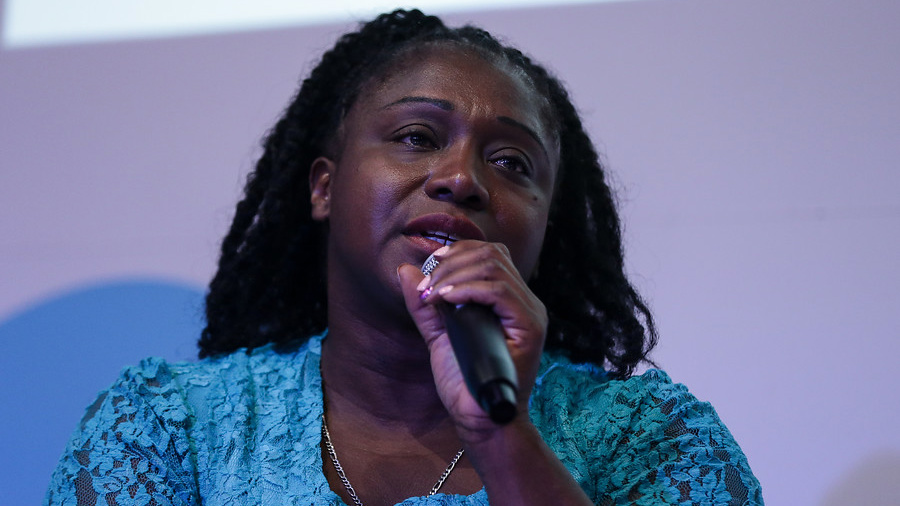
The teacher from Caldas, a member of the Colombian Communist Party, and who has become known for being an activist and fighter for the country’s working classes, will be in charge of directing the labor issues of Colombians in the Petro government. Ramírez is a mathematician, she was a senator between 2006 and 2014 and served as president of the Colombian Federation of Educators (FECODE).
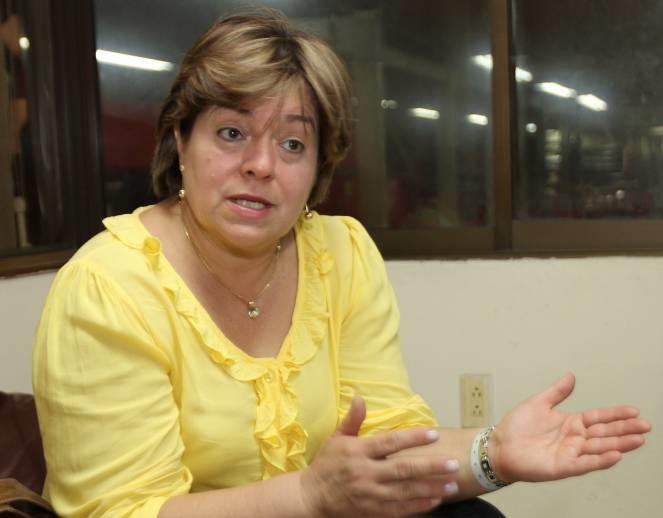
The same day that Petro will assume the Executive power in Colombia, he confirmed that the lawyer and former magistrate of the Superior Council of the Judiciary Néstor Osuna will succeed Wilson Ruiz in the Ministry of Justice. Petro’s new teammate is a doctor of law from the University of Salamanca, professor of constitutional law at the Externado de Colombia University and guest researcher at the UNAM Legal Research Institute since 1988.
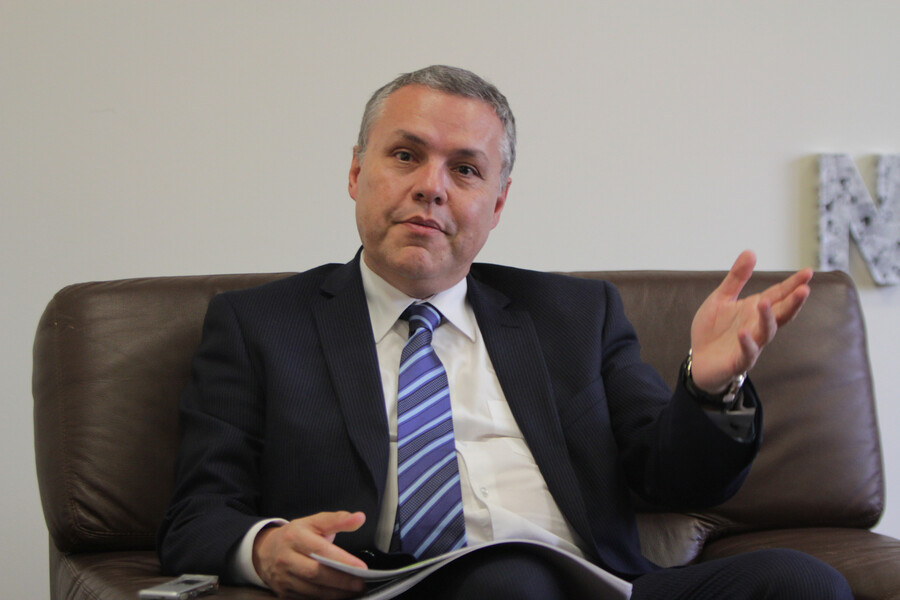
Likewise, the elected head of state announced that this specialist in public policies and urban management, who also has a master’s degree from the University of Michigan, will direct that portfolio that promotes subsidies, works of social interest and other issues so that Colombians can acquire their homes. Velasco Campuzano served as Secretary of Habitat in Bogotá when the controversial Samuel Moreno, a former co-supporter of Petro in the Polo Democrático, was mayor of the capital. During her visit to the District, today’s new national government official advanced the urban project ‘Ciudad Usme’.
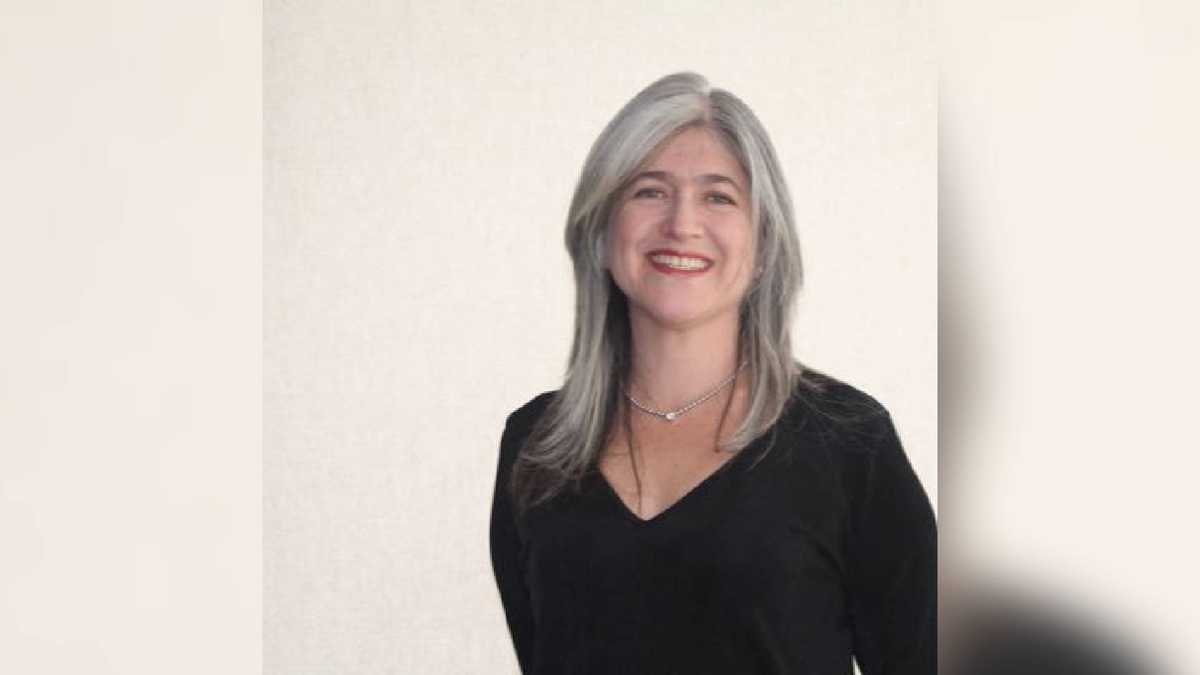
For now, the president-elect has not disclosed who will lead the portfolios of Trade, ICT and Science. Other members of the incoming government include indigenous leader Leonor Zalabata, who will serve as Colombia’s ambassador to the United Nations; likewise, Danilo Rueda will be the Peace Commissioner.
KEEP READING:
